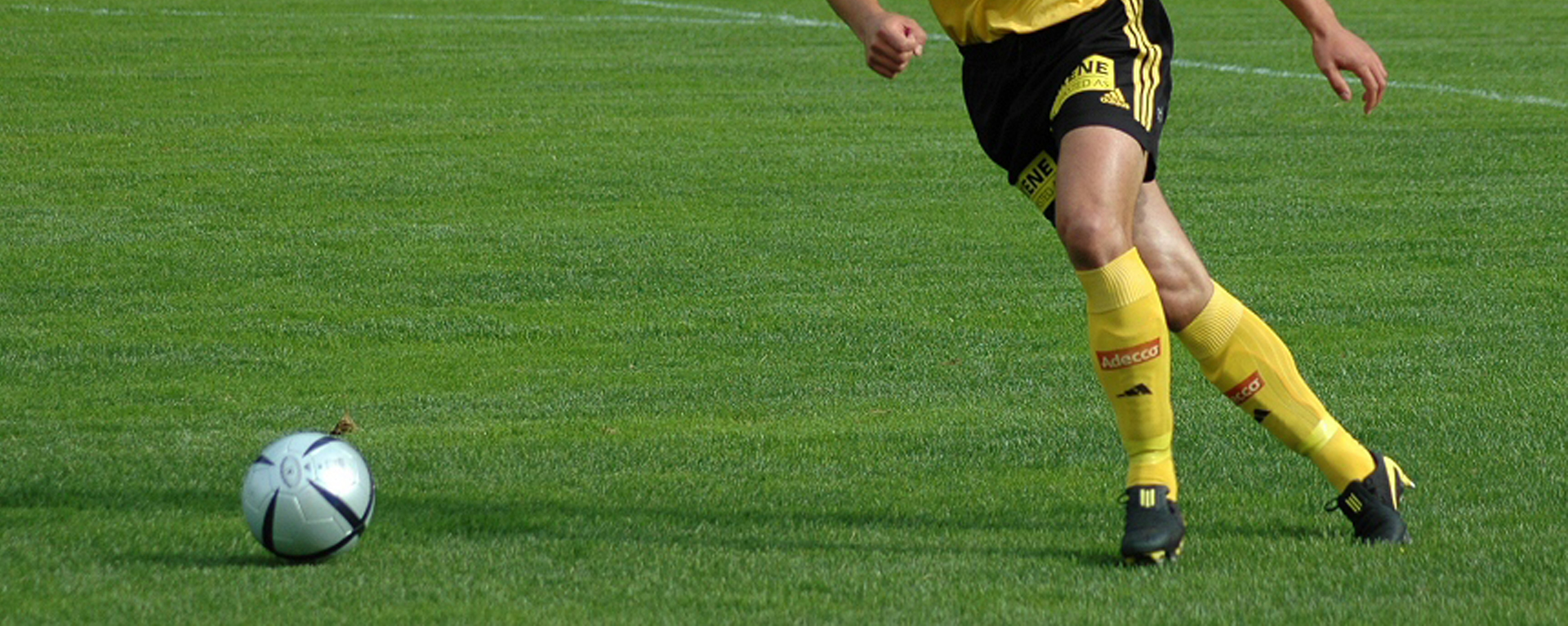Written by Pat Brown, MBA
With the rise of Name, Image, and Likeness (NIL) deals in collegiate sports, student-athletes now have the opportunity to profit from their personal brands. However, securing a lucrative NIL deal isn’t just about signing on the dotted line—it involves understanding the details of the contract and negotiating terms that protect the athlete’s interests. For parents, guiding their child through the contract negotiation process is crucial to ensuring they get the best deal possible.
Here’s what parents need to know about contract negotiation in NIL deals:
1. The Importance of Understanding the Terms
A contract is a legally binding agreement, and it’s essential for student-athletes—and their parents—to fully understand what they’re agreeing to. NIL contracts can range from simple social media promotions to complex endorsement deals, and the terms will vary accordingly.
Parents should take time to go over the contract with their child and make sure they understand the following:
- Compensation: How much will the athlete be paid, and when will the payments be made? Is the compensation a flat fee or performance-based?
- Length of Agreement: How long does the contract last? Will it be renewed? Understanding the duration of the deal helps to plan for the athlete’s future opportunities.
- Scope of Work: What is the athlete expected to do? Does the contract require a certain number of social media posts, appearances, or promotional events?
- Exclusivity: Does the contract prevent the athlete from working with competing brands or sponsors?
Ensuring that both the athlete and their parents fully understand the terms will prevent any surprises later on.
2. Seeking Professional Guidance
NIL contracts can be complicated, and negotiating the best deal requires expertise. Parents should encourage their child to work with a lawyer who specializes in NIL deals or sports law. A legal professional can review the contract and offer advice on any clauses that may not be in the athlete’s best interest.
In addition to a lawyer, parents may want to consult with an agent or financial advisor who understands NIL agreements. This can provide valuable insight into how the deal fits into the athlete’s long-term financial goals.
3. Protecting the Athlete’s Brand and Reputation
One of the key aspects of an NIL deal is protecting the athlete’s personal brand and reputation. Parents should guide their child in ensuring that the contract aligns with their values and promotes a positive image. Here are some key points to consider:
- Brand Alignment: Make sure the brand or company is a good fit for the athlete. The contract should not require the athlete to promote a product or service that doesn’t align with their personal values or public image.
- Morality Clauses: Some contracts may include a morality clause, which allows the brand to terminate the deal if the athlete engages in behavior that could harm the brand’s reputation. Parents should ensure these clauses are reasonable and clearly defined.
- Social Media Guidelines: The contract may include specific rules about how the athlete can promote the product or service on social media. Parents should ensure these guidelines are fair and allow for creative freedom while protecting the athlete’s image.
Ensuring that the athlete’s brand is protected in the contract helps maintain their reputation and credibility in the long run.
4. Compensation and Payment Structure
One of the most important aspects of any contract negotiation is ensuring that the athlete is fairly compensated for their work. The payment structure should be clearly defined, including:
- How much the athlete will be paid.
- When payments will be made (e.g., lump sum or installments).
- Additional perks: Some deals may include non-monetary compensation such as free products, tickets, or travel expenses.
Parents should ensure that the compensation is reflective of the athlete’s worth and the scope of the work involved. If the athlete is being asked to promote a brand to a large following, they should be compensated accordingly.
5. Performance and Deliverables
Most NIL deals come with certain expectations for the athlete to deliver, whether it’s through social media posts, appearances, or other promotional activities. Parents should ensure that these deliverables are clearly outlined in the contract and are realistic given the athlete’s other commitments to school and sports.
The contract should specify:
- Number and type of posts or promotions: How many social media posts, videos, or appearances are expected? Are there specific platforms that need to be used?
- Timeline: When do these deliverables need to be completed? The timeline should be reasonable and not interfere with the athlete’s academic and athletic obligations.
- Performance Metrics: Are there expectations for engagement or sales driven by the athlete’s promotion? If so, how will these metrics be tracked?
Having clear expectations for performance and deliverables ensures that the athlete is not overwhelmed by unrealistic demands.
6. Exclusivity and Conflicts of Interest
Exclusivity clauses in NIL contracts can limit the athlete’s ability to sign deals with other brands or companies, particularly competitors. Parents should carefully review any exclusivity clauses to ensure they are not too restrictive. For example, a deal with a sports drink brand should not prevent the athlete from signing a deal with a clothing or technology brand.
Parents should also look for potential conflicts of interest. If the athlete is offered multiple deals with different brands, they need to ensure that these deals do not conflict with each other or create a situation where the athlete is over-committed.
7. Understanding Termination and Renewal Terms
Just as important as understanding the start of a contract is understanding how it can end. Parents should make sure the contract outlines the conditions under which it can be terminated, either by the athlete or the brand. This should include:
- Termination for cause: What reasons can lead to early termination of the deal, such as failure to deliver on terms or a public relations issue?
- Termination for convenience: Does either party have the right to terminate the agreement without cause, and if so, under what conditions?
- Renewal options: If the deal is successful, are there renewal or extension clauses that allow the athlete to continue the partnership on favorable terms?
Knowing how and when the deal can be terminated ensures that the athlete has control over their future opportunities.
8. Managing the Athlete’s Financial Future
Parents should use NIL contracts as an opportunity to help their children manage their finances wisely. From saving for taxes to setting aside funds for long-term goals, parents can guide their children in making the most of their NIL earnings. Working with a financial advisor can ensure the athlete’s income is managed responsibly.
Final Thoughts
Contract negotiation is an essential part of securing a successful NIL deal. For parents, this means ensuring their child’s interests are protected while helping them build a solid foundation for their financial future. By understanding the key elements of NIL contracts, seeking professional guidance, and ensuring the athlete’s brand and reputation are safeguarded, parents can help their child navigate this exciting new chapter in their athletic career.
- Pat Brown, MBA




